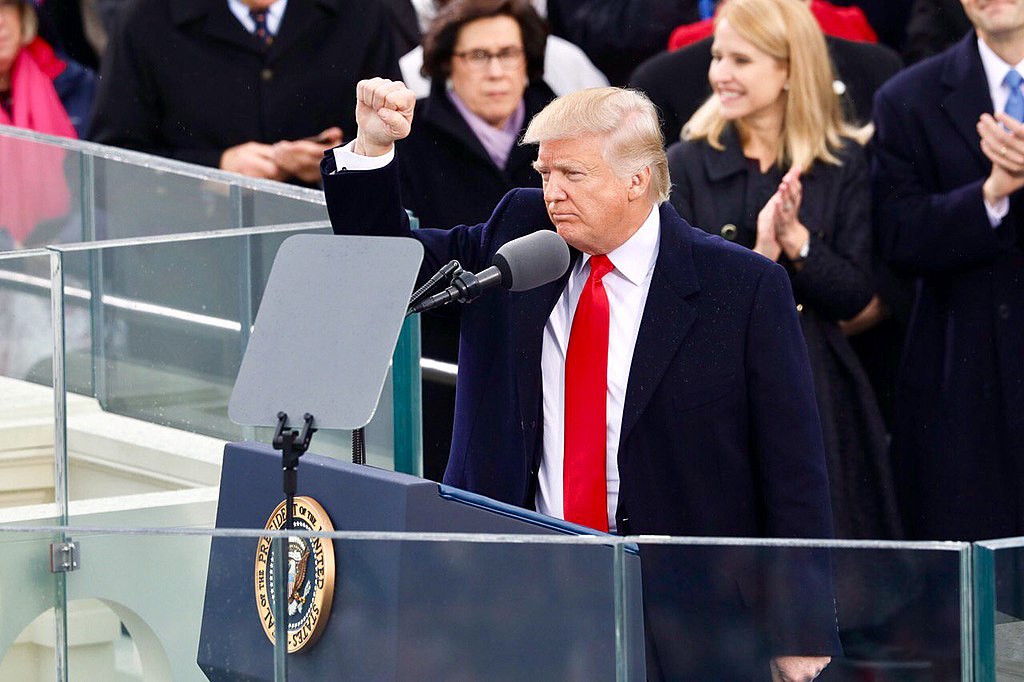Former President Donald Trump has officially filed a lawsuit against The Des Moines Register and veteran pollster Ann Selzer, alleging election interference over a Harris+3 Iowa poll. Trump claims the poll’s results, which reportedly impacted his campaign’s momentum, were manipulated to influence the state’s political landscape ahead of the Republican caucuses.
The lawsuit marks the latest escalation in Trump’s ongoing battle with media organizations, as he continues to challenge polling methods and reporting that he deems unfavorable. Selzer, regarded as one of the nation’s most accurate pollsters, conducted the survey on behalf of The Des Moines Register, showing Trump trailing in critical voter metrics.
“This poll was intentionally misleading and clearly designed to interfere with the election,” Trump’s legal team stated in their filing. “Such manipulation undermines the democratic process and misinforms voters.”
The Register has defended the integrity of its polling process, dismissing Trump’s claims as unfounded. “We stand by our reporting and our polling,” the publication said in a statement. “Ann Selzer’s reputation for accuracy is unmatched.”
The Poll’s Impact and Trump’s Response
The disputed Iowa poll reportedly indicated a tightening race, with Trump leading his closest competitor by only three percentage points. Trump’s lawsuit argues that the methodology used to gather and present the data was flawed, causing “unjust harm” to his campaign.
Political analysts, however, remain skeptical of Trump’s allegations. “Selzer polls have historically been the gold standard in Iowa,” said political scientist Tom Brooks. “It’s unlikely this lawsuit will succeed, but it reflects Trump’s continued strategy of discrediting unfavorable data.”
The lawsuit has further polarized public opinion, with Trump’s supporters hailing the move as a fight against media bias, while critics view it as an attempt to undermine free press protections.
Social Media Explodes Over Trump’s Lawsuit
News of Trump’s lawsuit quickly sparked debates on social media, with Twitter users sharing strong reactions.
User @Trump2024 wrote, “Finally, someone’s holding these fake polls accountable! Selzer and the media have been rigging elections for years.”
In contrast, @MediaRights defended the Register, tweeting, “Trump’s lawsuit is nothing more than an attack on free press. Polls don’t decide elections; voters do.”
Supporter @ElectionIntegrityUSA praised Trump’s move, saying, “Pollsters need to be transparent and unbiased. Trump is right to challenge shady polling tactics.”
Meanwhile, @IowaVoter2023 criticized the lawsuit, posting, “This is embarrassing. Selzer’s polls are accurate and respected. Trump is just mad about the numbers.”
Another user, @NeutralObserver, added, “We should focus on fixing real election issues, not attacking pollsters who do their jobs.”
User @PollWatchdog concluded, “If Trump believes the poll was flawed, let’s see the evidence. Otherwise, this feels like a stunt.”
Experts Weigh the Legal and Political Fallout
Legal experts say Trump’s lawsuit will face significant hurdles, as polling data is protected under the First Amendment. Courts have historically rejected claims targeting media outlets for publishing unfavorable surveys or news.
“This lawsuit appears more political than legal,” said attorney Sarah Williams. “Trump’s team will need to prove intent to manipulate data, which is incredibly difficult.”
Politically, the lawsuit could energize Trump’s base by framing the media as adversarial, a tactic he has used throughout his career. However, it may also risk alienating undecided voters who view the move as combative or unnecessary.
What Comes Next?
As Trump’s lawsuit progresses, all eyes will be on the courts to determine whether the claims hold any weight. For now, the case highlights the deepening mistrust between Trump and mainstream media, further amplifying divisions ahead of the 2024 election.


